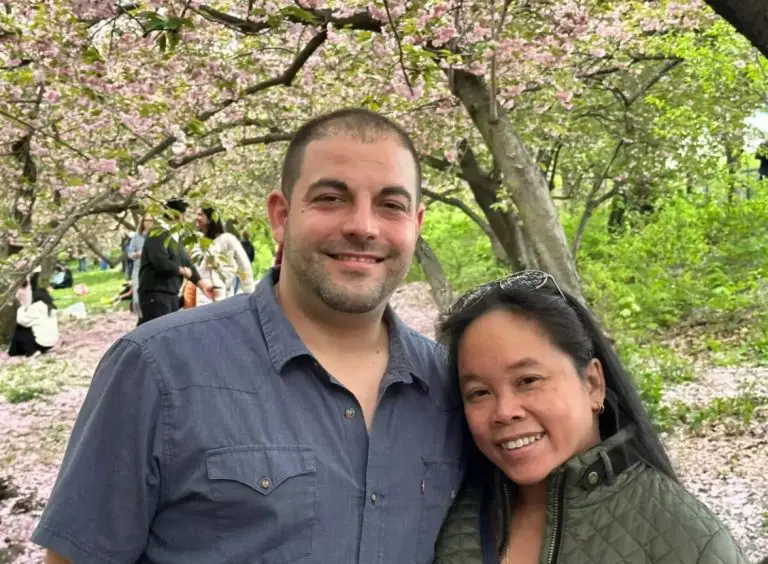Disney is currently seeking to dismiss a wrongful death lawsuit filed by Jeffrey Piccolo, whose wife, Dr. Kanokporn Tangsuan, passed away after suffering an allergic reaction at a restaurant in Disney Springs. The lawsuit alleges that despite Tangsuan informing the restaurant staff of her allergies, she was served food containing allergens, leading to her death. The lawsuit claims that Disney, which oversees the restaurant’s operations, failed to properly train staff on handling food allergies.
Disney’s defense hinges on an unusual argument: they claim that Piccolo’s prior Disney+ subscription and the purchase of Disney theme park tickets require disputes to be resolved through arbitration, not litigation. This clause, buried in the terms and conditions of these purchases, is being used to argue that Piccolo cannot pursue the case in court. Piccolo’s legal team has called this defense “preposterous” and “outrageously unreasonable,” arguing that agreeing to terms for a streaming service or park tickets should not bar him from seeking justice in a wrongful death case.

The motion for dismissal has sparked outrage and raised questions about the fairness of such broad arbitration clauses. Piccolo’s attorneys argue that the terms are so unfair that they should not be enforceable, as they essentially strip consumers of their right to a jury trial in any dispute involving Disney or its affiliates. The case highlights the growing concerns over the use of arbitration clauses in consumer agreements and their potential to shield corporations from accountability.
As the legal battle continues, the case serves as a reminder of the importance of understanding the fine print in consumer agreements, especially when they may have far-reaching implications beyond the initial transaction. The outcome of this case could set a precedent for how such arbitration clauses are interpreted and enforced in the future.




